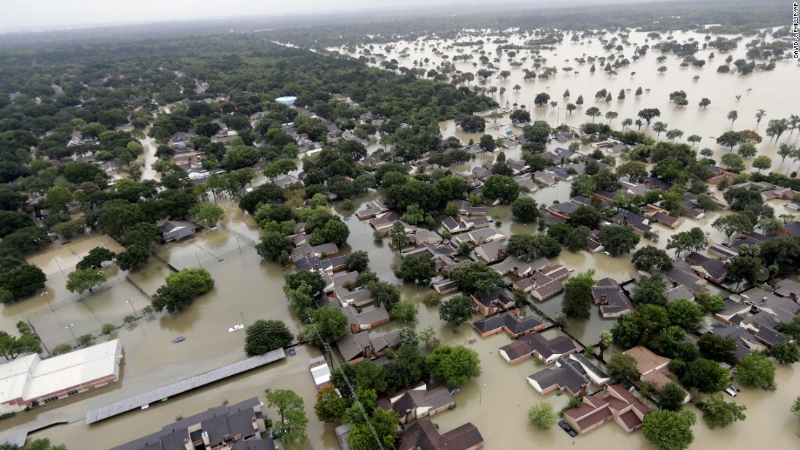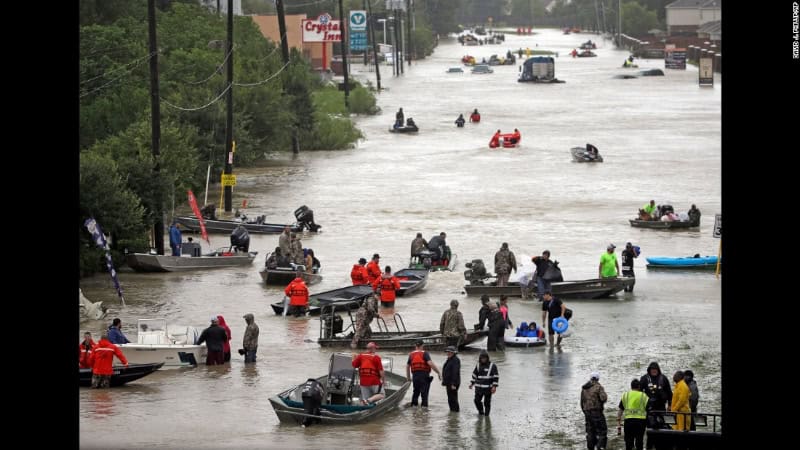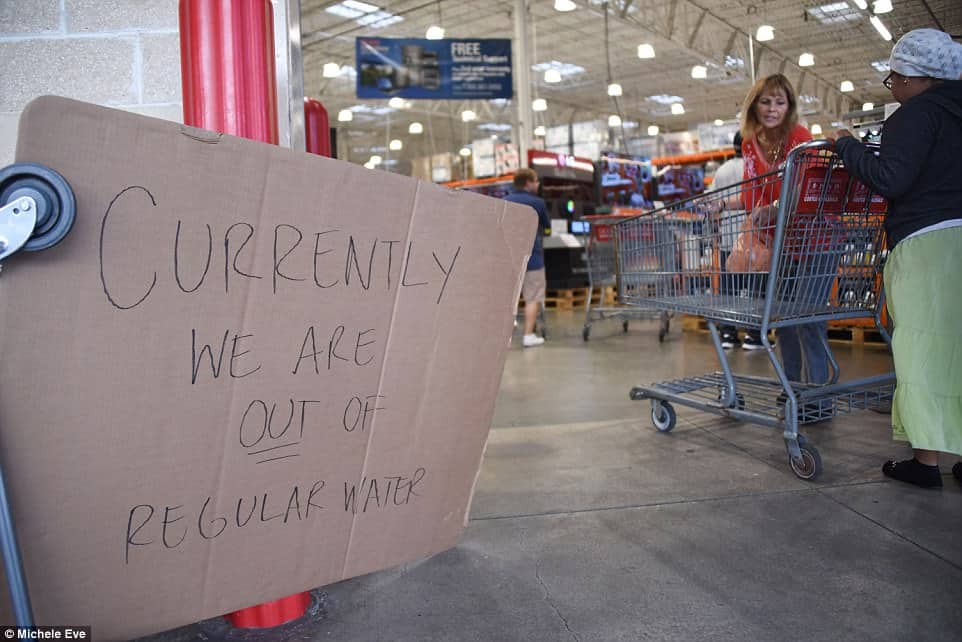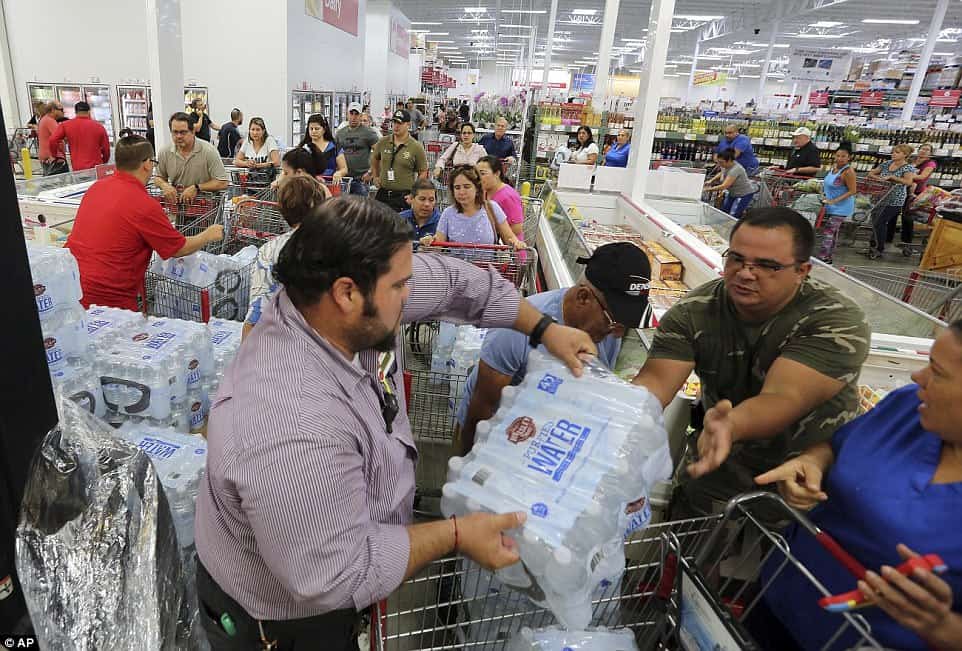Water is essential. Life-giving. Between 60 and 70 percent of a human’s body is made of water. Perhaps its necessity is why Jesus often referred to salvation through him in terms of water.
data-animation-override>
“But those who drink the water I give will never be thirsty again. It becomes a fresh, bubbling spring within them, giving them eternal life.”
data-animation-override>
“Anyone who believes in me may come and drink! For the Scriptures declare, ‘Rivers of living water will flow from his heart.”
Perhaps its power is why God often used it to display his strength and glory.
data-animation-override>
“Then Moses stretched out his hand over the sea, and all that night the Lord drove the sea back with a strong east wind and turned it into dry land. The waters were divided…”
data-animation-override>
“Shortly before dawn Jesus went out to them, walking on the lake.”
As much as water is life-giving, it also has the potential to destroy. In America, we have witnessed this stark reality right on our shores due to the recent hurricanes Harvey and Irma. Destruction ensued and lives were lost. The power of water was evident. Our hearts ache for those impacted by the storms, and we pray for continued rescue and restoration.
The consequences of Harvey and Irma included flooding, loss of power, chemical fires, and much more, but one especially struck me among the rest: water shortage. In the midst of a tragedy caused by extreme excess of water, one of the most terrifying consequences was the lack of water in Texas and the threat of such in Florida.
In Beaumont, Texas, 118,000 people were without drinking water after the local water pumping plant was disabled by flooding. Haley Morrow of the Beaumont Police Department told The Washington Post, “When you take water out of the picture, people start to panic a bit.”
With Irma fast approaching in Florida after the wake of hurricane Harvey, bottled water was at the top of the list of supplies that quickly began to run out in stores across the state. On September 7, The New York Times reported:
“Getting bottled water was almost impossible. Publix, the largest supermarket chain in Florida, said it had moved to a 24-hour schedule bottling water and making ice, setting aside other products like milk. Companies like Dasani could not keep up either.”
After learning of the water shortage in Texas, someone said to me, “Can you imagine not having water?” My heart sunk as I immediately thought of people living in Africa.
CHECK BACK ON TUESDAY, September 26, FOR PART II
More Stories:
Categories









